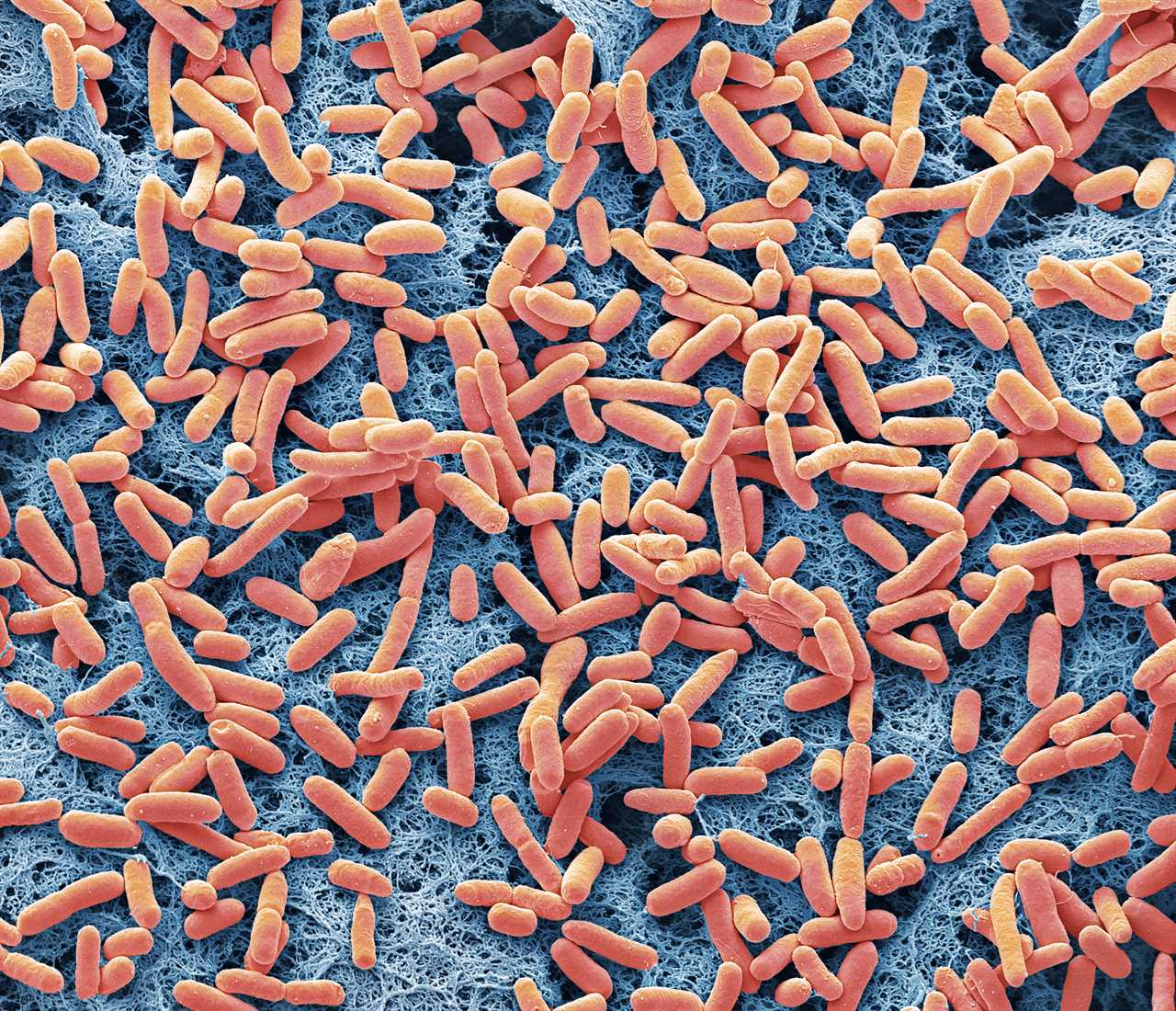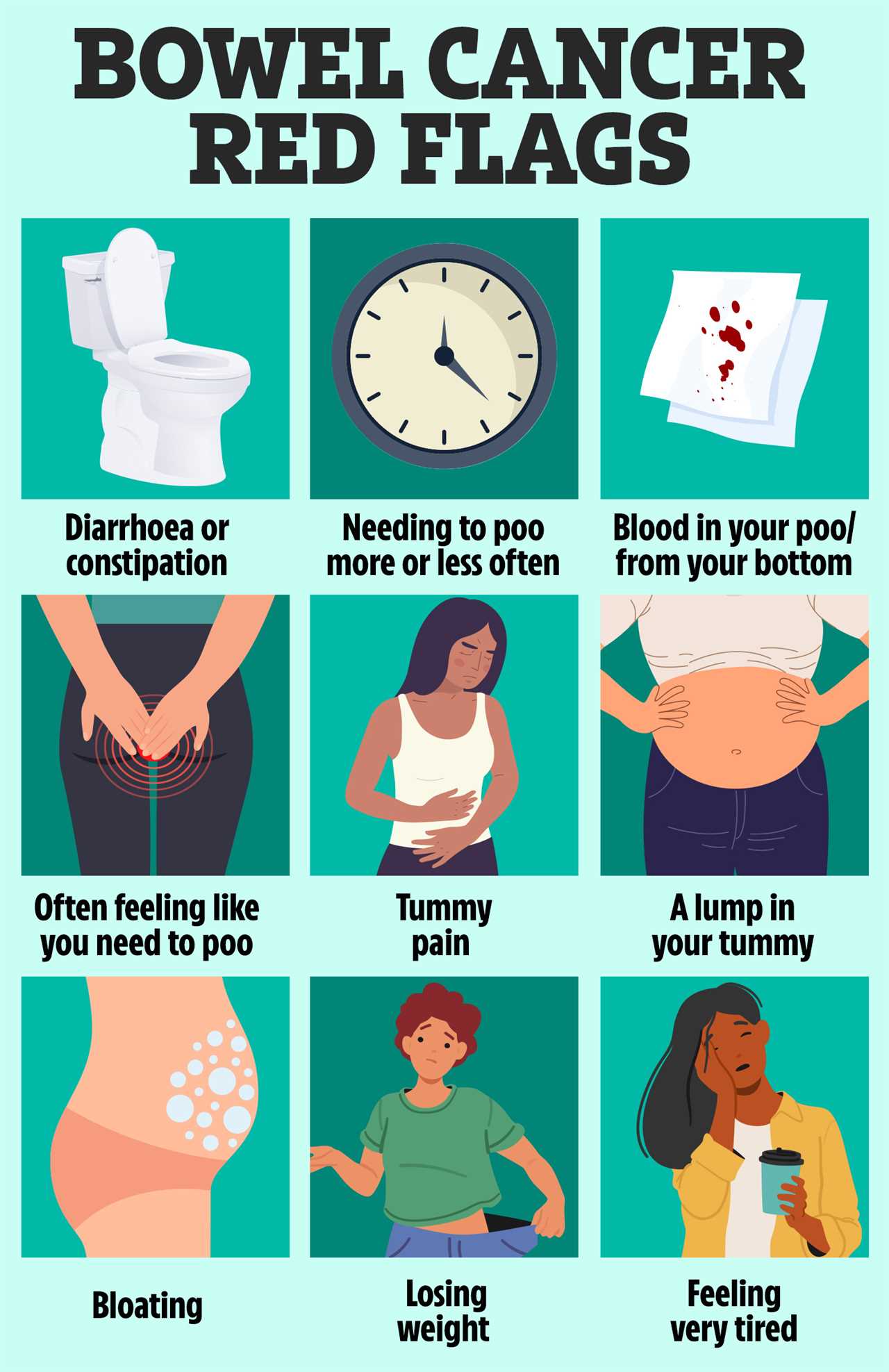
Strains of a Common Bug Linked to Cancer
Scientists in the UK have warned that strains of a common bug are behind the increasing cases of bowel cancer and other forms of the disease. Specifically, targeting certain strains of the bacteria causing the bug with vaccines or other treatments could help reduce the risk of bowel, bladder, and prostate cancers.
The Role of E.coli in Cancer
Escherichia coli, commonly known as E.coli, is a group of bacteria that are usually harmless and reside in the intestines of humans and animals. However, certain strains can cause illnesses such as food poisoning, urinary tract infections (UTIs), pneumonia, and sepsis. Recent data shows that E.coli is responsible for thousands of infections every year, with a significant number of cases reported in England alone.
Connection to Cancer Incidence
A new study has suggested that higher cases of certain cancers in countries like the UK could be linked to specific types of E.coli strains. These strains produce a DNA-damaging chemical that has been associated with the development of bowel cancer. Researchers believe that eradicating these strains could offer substantial public health benefits, including reducing the need for antibiotics and potentially lowering cancer risk.
Global Genomic Surveillance
For the study, published in Lancet Microbe, researchers used genomic surveillance to track different strains of E.coli across various countries. They found that the two strains linked to cancer are more prevalent in industrialized countries like the UK, where there are higher levels of bowel, bladder, and prostate cancers. In contrast, these strains are less common in countries with lower cancer rates.

Potential Solutions and Future Research
Scientists involved in the study hope that their findings will lead to new ways to eradicate harmful E.coli strains. This could involve the development of vaccines or other interventions to target these strains and reduce the associated health risks. Additionally, there is potential for the future development of therapeutic probiotics to displace unwanted bacterial strains.
Impact on Health and Disease
The interaction between E.coli and cancer risk highlights the significant impact of our microbiome on health. Understanding these connections is crucial for exploring new avenues to combat certain conditions and improve overall health outcomes.
Did you miss our previous article...
https://trendinginthenews.com/cancer/mums-shock-as-toddlers-toe-injury-reveals-cancer-diagnosis






